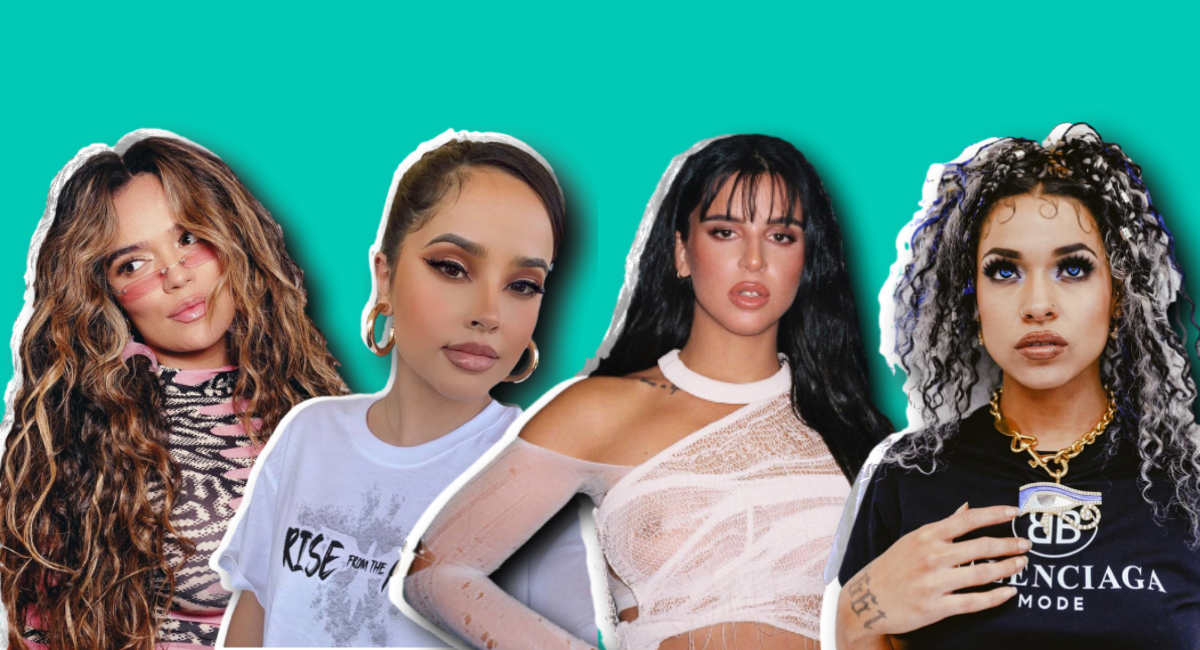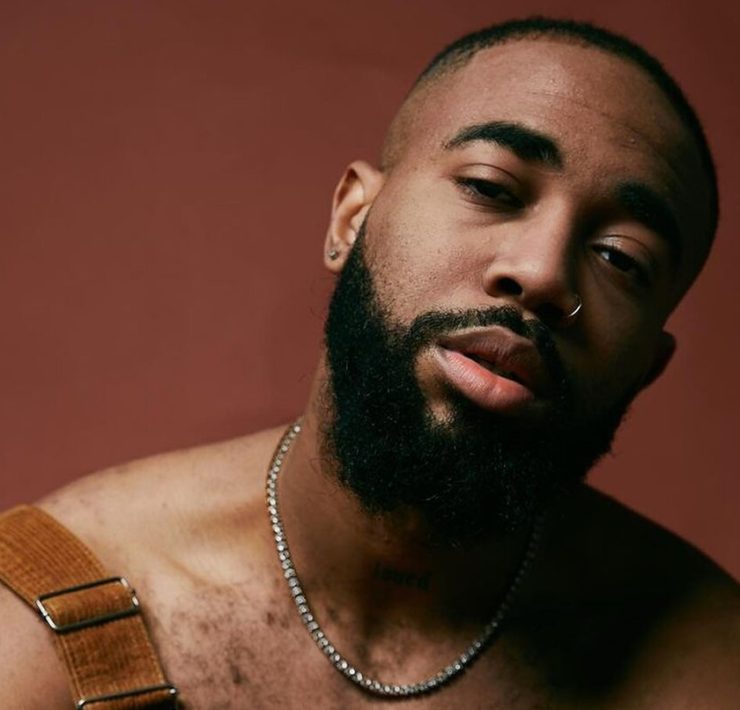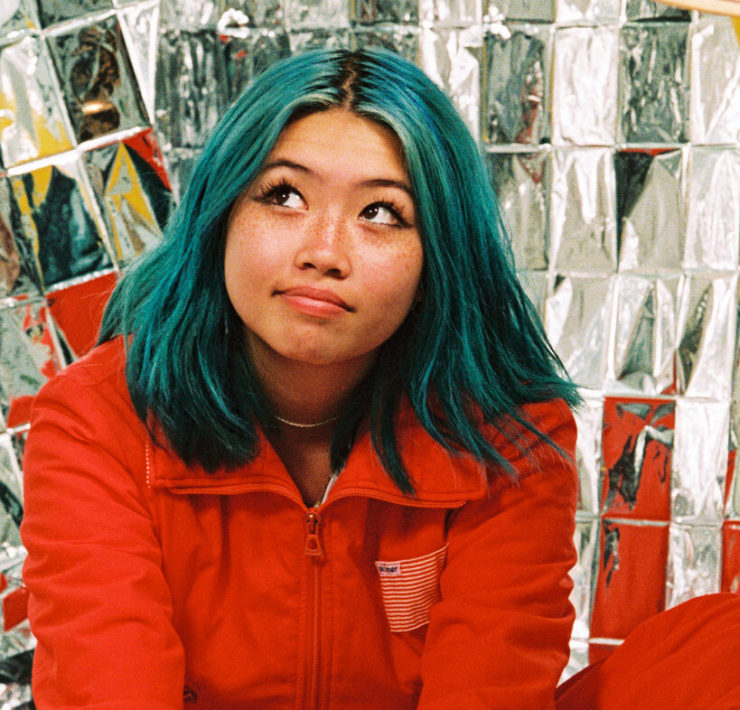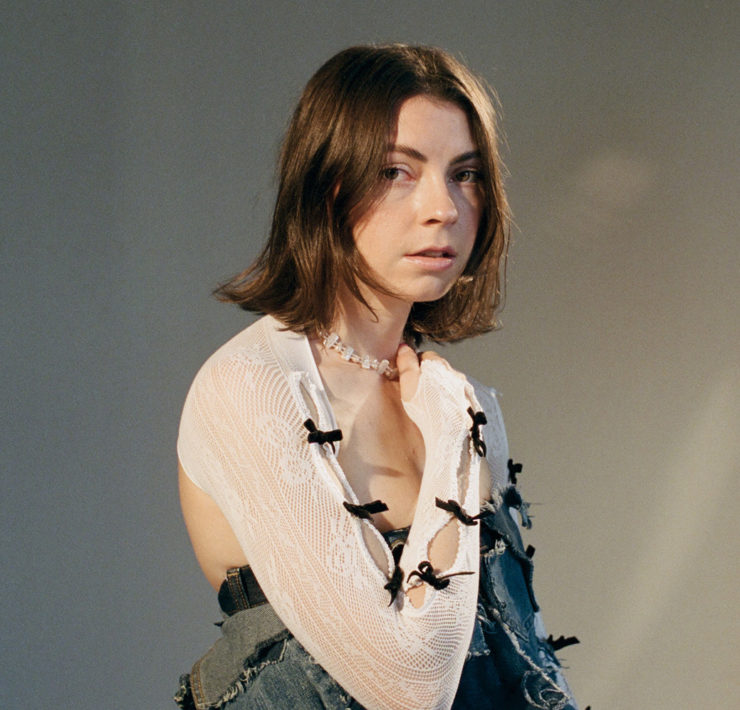Creator and Founder of Dique! Media
Latinx music is soaring like never before! Despite the current political affairs and social climate, artists like Cardi B, Bad Bunny, Amara La Negra, and Ozuna continue to break boundaries making themselves permanent staples in pop culture. Sadly, here is where the problem begins.
It is bad enough that most Latinx representation is already some sort of stereotype concocted by a group of Hollywood executives and gatekeepers; the new wave of crossover musicians gaining mainstream coverage in Urbana, Latin Trap, dembow, or any African based genre of Spanish speaking music lies within whitewashed standards. This is a bittersweet victory for the often-overlooked Latinx population. The positive in this situation, we are finally receiving the recognition we have been patiently waiting on as Latinx culture is often mirrored in African-American culture as we were the helpmate of Hip-Hop’s birth. As a first-generation Dominican-American, being able to hear Merengue in a sea of Hip-Hop was comforting. The downside? Typically, there are only a few select “looks” allowed to make it in this industry: white Latinx.
Before I continue let me say this, Latinx people and culture are not monolithic. There a running record of Black music such as Reggae to Reggaeton being misused then given to European Latinx recording artists. This is a testament to how the music industry directly participates in the erasure of brown ownership of the population that makes this music. Historically, Bachata was considered “musica de calle” or street music tethered to people from “el barrio” or the slums. This was a classist way of saying that Bachata is only for lower class “uneducated” people. With the rise of DominicanYol Bachata such as Xtreme, Bachata Heightz, and most famously Aventura, Bachata itself gained a cult-like following within the first generation millennial population. But Wherever the culture moves, the vultures do what culture vultures do; swoop in, capitalize, and gentrify.
Now with Musica Urbana on the rise, due to these tactics, it’s easy to forget where this sound originated, by the marginalized and disenfranchised population of the diaspora. Most fans of this genre have begun to question the whitewashing of “Latinx” artists. From Rosalía to Karol G, to Becky G, and the rest of G’s, it’s been the proverbial slap in the face to the Afro-Latinx diaspora, its originators, that record executives continuously choose to prop up one representation of the Latinx community rather than the collective.
While there are many heinous reasons as to why this continues to happen, racism, colorism, white supremacy to name a few, I wouldn’t necessarily fault the platformed artists per se. These discriminatory practices are how the music industry, similar to politics, continues to lump us together. These practices don’t require tastemakers to roll up their sleeves and do the work necessary to first identify then acknowledge the many different flavors that make up the Latinx community as a whole. Not only does this perpetuate the erasure of different identities, it continues to be ignorant to how Spain and Latin America may share a language but not a diaspora.
The Latin music wave desperately needs genuine, well-thought-out mainly Black representation. This wave can be a defining moment for us Latinos. Instead, it is being pedaled as a crossover sensation. Further cementing that our flavor is good for business but our appearance is not.
Header images taken from respective public Facebook fan pages. Copyright Disclaimer under section 107 of the Copyright Act 1976, allowance is made for “fair use” for purposes such as criticism and news reporting.






